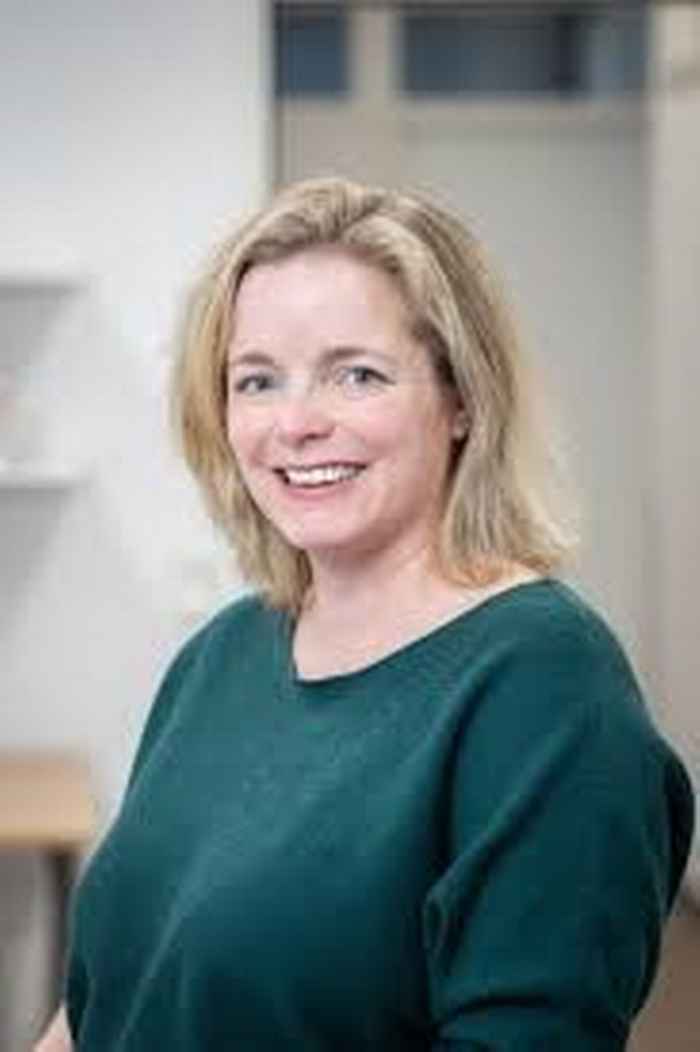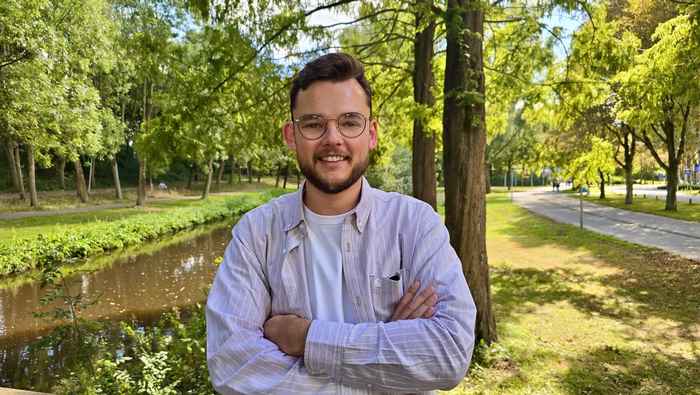Apply for the Healthy Future Education Innovation Grant
2025-2026
-
What?
- In Spring 2026 we award (max) two Healthy Future Education grants (max € 6500 per project).
- You can adapt an existing course to better fit the Healthy Future theme or develop a new interdisciplinary or transdisciplinary course.
- This course is part of a regular program (bachelor/master/minor/major).
- We encourage collaboration with a colleague from another faculty, allowing students from different disciplines to work together on a relevant issue, and preferably with a societal partner.
- The funding can be split between involved colleagues and/or student assistants.
- The intention is to use this budget to compensate for teaching hours, so you create time to work on your teaching innovation project and actively engage in the Healthy Future Education community.
- Include a detailed and feasible time planning based on these hours in your proposal.
- Before submitting your proposal, ensure that you have discussed the intended hours for you and possible other team members with the financial contact person of your department.
- Importantly, you need your manager(s) approval of your proposal, so that you are ensured that you can integrate the grant hours in your (teaching)hours for next academic year if the grant is approved.
-
The eventual number of awarded projects is subject to the number of applications we receive and their respective quality and feasibility (see below for selection criteria).
-
For whom?
- You are an educator or team of educators who teach a course at UvA and you are responsible for the assessment of your course.
- The main applicant holds a position at the UvA for at least 0.5 FTE, which will last (at minimum) for the duration of the project.
- The main applicant has obtained a UTQ (BKO) qualification.
- Your supervisor has granted you permission to invest work hours in this project.
- You see more potential for the education you are involved in to serve Healthy Future aims, and you want to develop your own capabilities as an educator and better align/engage with others (students, colleagues, societal stakeholders) in doing so.
- You are curious and open to rethink, renew and redesign your education and are enthusiastic about becoming part of and contribute to a co-creative Healthy Future Education community.
For inspiration on types of projects, you can check the SIG Healthy Future site and browse the list of Fair, Resilient & Inclusive Societies (FRIS) grant projects which received funding in the past years: FRIS projects - UvA Teaching and Learning Centres (TLC).
-
How?
- You can submit your proposal by filling out the form below.
- The application will be assessed by a committee consisting of experts on Healthy Future and education innovation from different faculties assembled by the Institute for Interdisciplinary Studies.
After granting you are supported by the SIG Healthy Future Education and thematic expert dr. Tjerk Jan Schuitmaker-Warnaar.
-
When?
This application round of the HF Education innovation grant runs from 1 November 2025 till 30 January 2026. Within six weeks after the submission date, we will let you know how we have assessed your application and whether you will be awarded the grant. If the grant is awarded, an intake meeting will follow afterwards.
-
Apply here
Apply here for this Healthy Future Education grant opportunity. You can apply between 1 November 2025 and 30 January 2026.
Former Grant-winners


Femke Rutters - Lifestyle in the Neighbourhood
Lifestyle in the Neighbourhood is a new transdisciplinary course developed by colleagues from the field of lifestyle, epidemiology, placemaking and cardiology. As an unhealthy lifestyle is responsible for almost 75% percent of the disease burden in the Netherlands, including non-communicable diseases, such as diabetes and cardiovascular disease, futureproof doctors not only need to have knowledge on the role of healthy lifestyle in care, but they also need tools to apply this knowledge to patients, their environment and their daily life. The course on Lifestyle in the Neighbourhood for the BSc Medicine aims to innovate by 1) using the innovative Placemaking education program in Medicine, 2) better align between knowledge and skills regarding lifestyle and prevention in care, and 3) give more attention to the topic of public health, where this course will serve a s a starter and to be hopefully later on be implemented in the core curriculum.
Thomas Engelsma - Selfcare with eHealth
The Healthy Future grant is used to enricht the educational program of the bachelor Medical Information Science by adapting the following course: ‘Selfcare with eHealth ’. This final course of the first year MI introduces students to how eHealth can be utilized for self-management in cardiovascular disease management (CVRM), with a focus on the e-Health domain, accessibility, usability and implementation success factors. The course includes writing an advisory report where students compare various eHealth applications for supporting self-management in people with (or at risk of) conditions related to CVRM. The grant supports collaboration with colleagues from the cardiology and HAG department to better introduce the project of this course and play a role in assessing the outputs from the students through interdisciplinary feedback sessions during the project and final presentations. A transdisciplinary component is added by including ‘Samen digitaal’, ‘placemaking in the wijk’ and incorporating the new Escape suitcase from “Medizeker” as means of bringing in end-user perspectives through experiential learning.